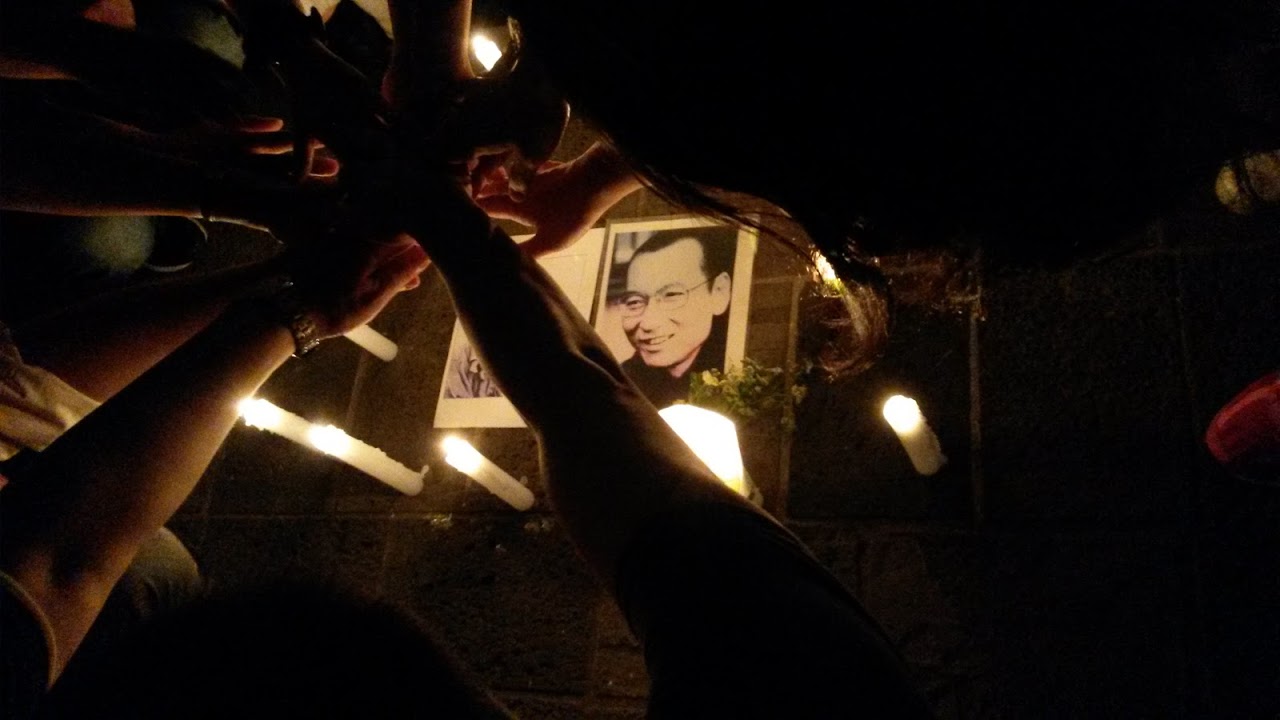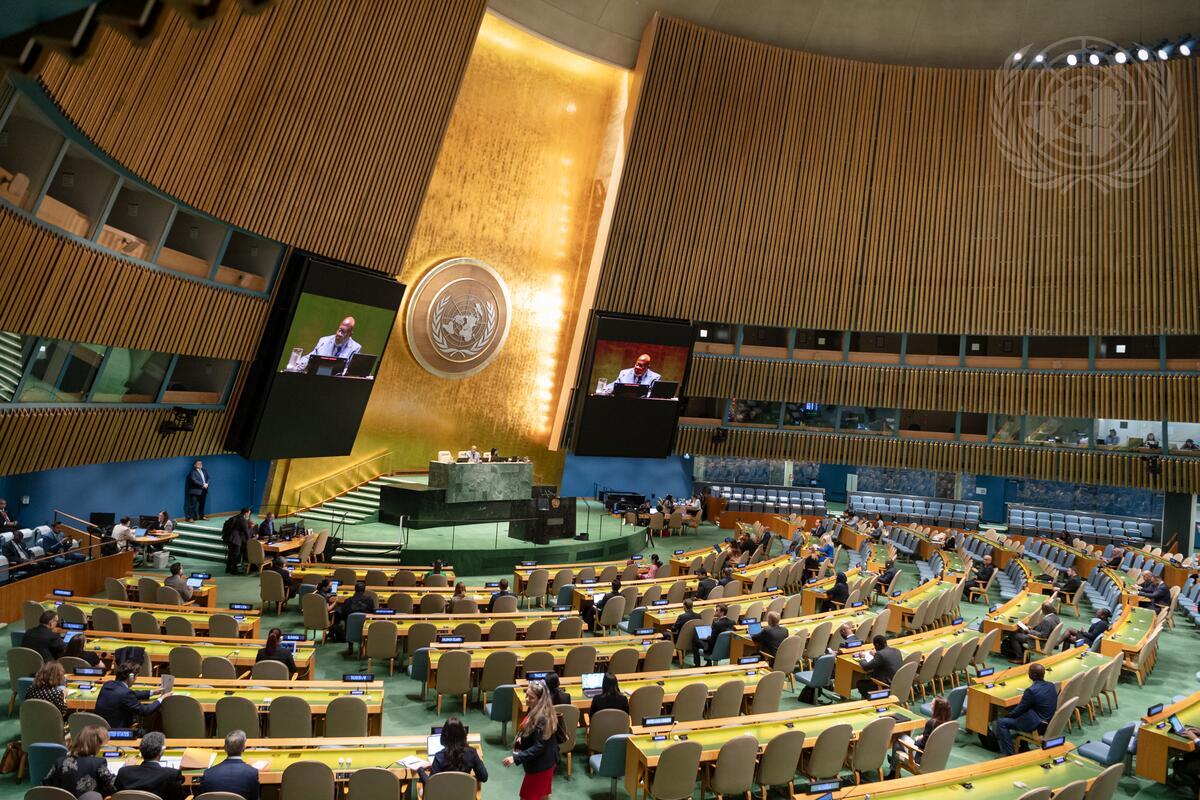Last week, millions of Chinese families came together for the Lunar New Year and to celebrate the Year of the Dog. But, for the third year in a row, one family was separated.
Wang Quanzhang, a lawyer who had taken cases deemed ‘sensitive’ by Chinese authorities, has been held in incommunicado detention since 10 July 2015. Caught up in the ‘July 9 crackdown’, Wang remains the only lawyer still without trial, and indeed without any news of his situation in detention.
His family and friends have gone regularly to Tianjin #2 Detention Center. Ahead of the New Year celebrations, they once again traveled to Tianjin to bring him clothing, and put money into an account to allow him to buy food for the New Year.
But, for all intents and purposes, it is like Wang Quanzhang has simply disappeared.
–
Gui Minhai was taken from Thailand in October 2015, and brought back to China without his passport to stand trial for a ‘traffic incident’ dating to 2004. Although the Swedish national could speak to his daughter, and had arranged meetings with Swedish consular authorities, his whereabouts for two years remained unknown. This was his first disappearance.
Then suddenly, on 17 October 2017, Gui Minhai was released. And yet, when Swedish officials went to meet him at the prison, they were informed he had already left. When days later he contacted his family, it was from an apartment managed by local Ningbo public security authorities. He could not come and go freely, and his activities were monitored. His daughter, Angela, never knew where this apartment was – this, she insists, was actually a second disappearance.
And then, on 20 January 2018, Gui left Shanghai with two Swedish officials to travel to Beijing to see a Swedish doctor. He was suffering from limited mobility in his hands, and believed it was attributable to nerve damage, and maybe ALS.
At a train stop just before Beijing, plainclothes police removed Gui from the train, in plain view of the Swedish officials, and took him and his bags away. It was only a week later that, in a press statement, the Chinese government admitted to detaining him under criminal coercive measures. For a third time, his family and friends are left with no official record of his location.
–
In its Opinion 2011/16, the UN Working Group on Arbitrary Detention decided that the house arrest of Liu Xia, in retaliation for her support to her husband and Nobel Laureate, Liu Xiaobo, constituted an arbitrary detention. They called on the government to release Ms Liu and provide compensation.
And yet, despite her husband’s death from liver cancer in July 2017, Liu Xia remains under surveillance. The Chinese government has repeatedly stated that she is not under any kind of criminal investigation or coercive measures. But she is not free.
–
The cases above are just a few of the many which demonstrate sobering trends about the situation in China. They show that over the last several years, high profile cases of detained defenders continue to rise in China; the Chinese government continues to develop and refine its arsenal of trumped up charges and legalised deprivations of due process to restrict the exercise of fundamental freedoms.
Each of these cases, in its own way, leads others in the human rights movement in China to say, ‘What about me?’. Having now seen a Nobel winner waste away, without adequate medical care and without any accountability for his condition, the chilling effect on young lawyers, on activists, on college students and on ordinary citizens is almost unavoidable.
The international community must clearly recognise China’s use of detentions and disappearances for what it is – a systematised and targeted crackdown on civil society. But rather than raising the costs of cracking down, most foreign governments have remained silent, thereby consenting to a legalised campaign to lay waste to a courageous human rights movement.
For more information, contact Sarah M Brooks at s.brooks[at]ishr.ch, or follow her at @sarahmcneer.
Photo credit: ISHR




